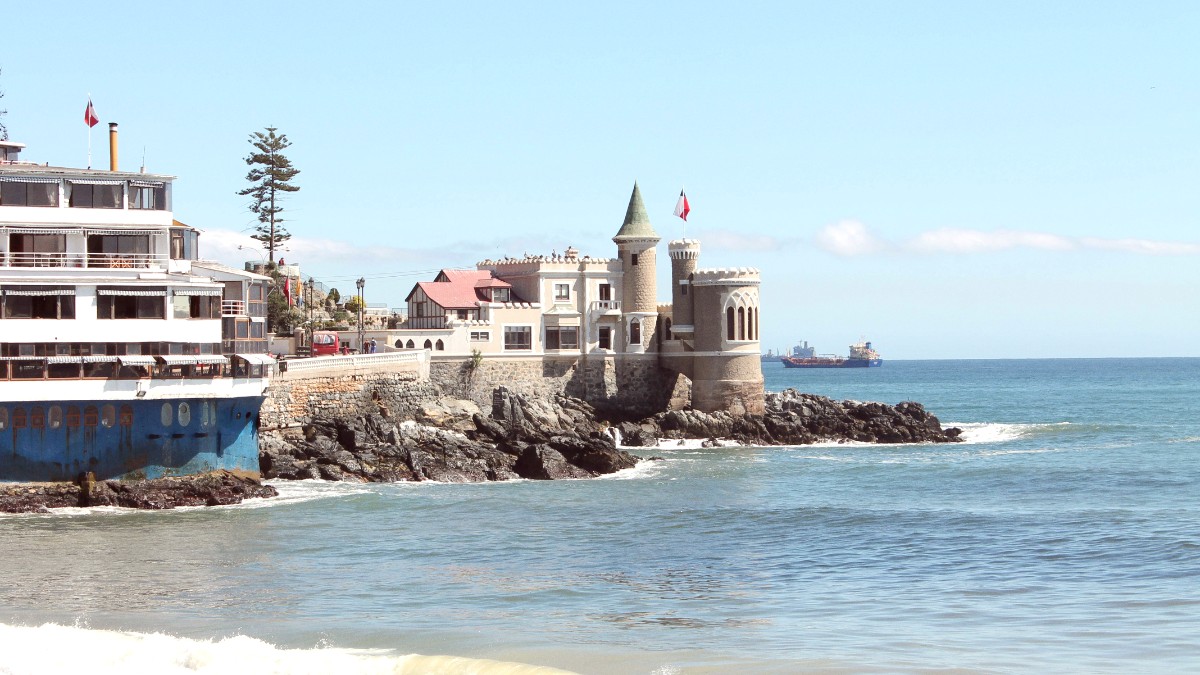
Chile
Jardín Botánico Nacional actively focuses on plant conservation. The Dunas de Concón are a protected natural sanctuary; visitors keep to marked paths. Support responsible tourism operators.
Recycling bins are increasingly available in public spaces, hotels, and residential areas, though not as widespread as in some developed countries. Always dispose of waste properly.
Chile, especially its central regions, faces water scarcity challenges due to drought and climate change. Be mindful of your water usage during your stay (shorter showers, turning off taps).
Adopt sustainable practices to lessen your travel footprint.
Make an effort to reduce your plastic consumption during your trip.
When booking, look for hotels or tour companies that state their commitment to sustainability.
Support local artisans, cultural institutions, and museums that work to preserve and promote Chilean heritage, art, and traditions.
Always ask for permission before photographing individuals, especially children. Respect a "no."
Seek opportunities to support small, local businesses directly. Choose local restaurants, independent shops, and locally owned guesthouses. This makes sure your tourism dollars circulate within the local economy.
Look for artisan crafts and products sold directly by producers or in shops that explicitly state their commitment to fair trade practices. This makes sure the makers receive a fair price for their work.
Be aware of child labor laws and avoid activities that might exploit children. Do not engage with illegal street vendors. Avoid attractions that exploit animals. If donating, do so through reputable local charities or NGOs with established programs and accountability. Giving directly to beggars sometimes maintains poverty cycles.
Tailor your Viña del Mar experience to the season, taking advantage of unique weather conditions and events.
This is peak season in Viña del Mar.
This is the low season in Viña del Mar.
If a specific event, like the Viña del Mar International Song Festival in February, is your main reason for visiting, plan your trip around its dates.
Summer is hot and sunny; pack light clothing and sun protection. Winter is cooler and wetter; layer clothing and bring a waterproof jacket.
During peak summer season and major festivals, booking accommodation, popular tours, and restaurant reservations well in advance is highly recommended.